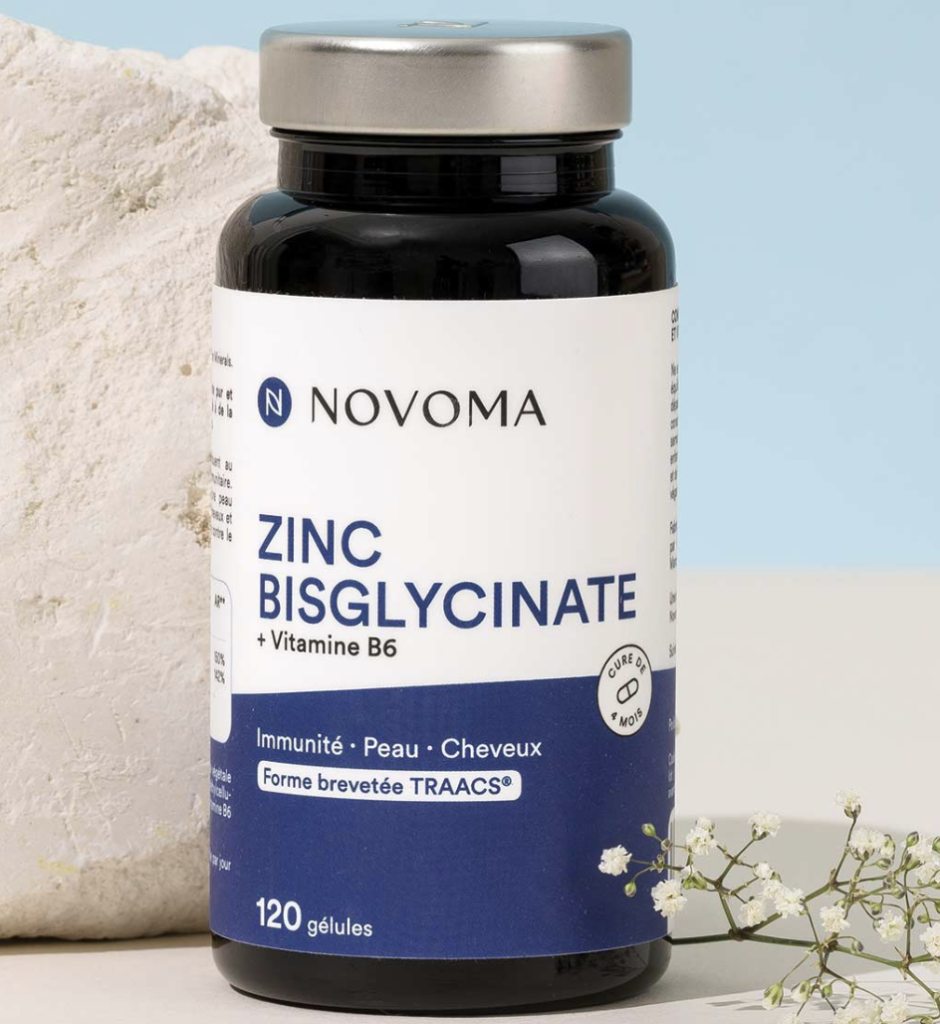
When it comes to optimizing health and performance, supplements often play a vital role in enhancing results, especially for those deeply invested in fitness. One underrated but essential mineral that deserves attention is zinc. Whether you’re hitting the gym, practicing martial arts, or engaging in endurance sports, incorporating zinc into your daily routine can offer several benefits.
Why Zinc is Essential for Your Health
Zinc is a trace mineral, meaning the body needs it in small amounts, but it is critical for a wide array of bodily functions. It is involved in over 300 enzymatic reactions, making it essential for things like immune function, protein synthesis, wound healing, DNA production, and cell division. In a fitness context, zinc plays a crucial role in:
- Boosting Immune System: A strong immune system is key for maintaining consistency in your workouts. Zinc helps the immune system fight off bacteria and viruses, keeping you healthy and less likely to miss training days due to illness.
- Supporting Muscle Repair and Growth: Zinc is vital for protein synthesis and muscle repair. After intense workouts, your body relies on protein synthesis to build and repair muscle fibers. Zinc facilitates this process, making it easier to recover and grow stronger.
- Hormonal Balance: Zinc plays a key role in the production of testosterone, a hormone critical for muscle growth, recovery, and overall vitality. Low levels of zinc can lead to a drop in testosterone, which might impact muscle gain and recovery time—two factors of particular importance for bodybuilders and fitness enthusiasts.
- Enhancing Performance: Zinc also helps with energy metabolism by enabling the body to process carbohydrates, fats, and proteins more efficiently. This ensures you have the necessary energy during workouts and aids in faster recovery post-exercise.
- Faster Wound Healing: For those into contact sports or rigorous training, the body’s ability to repair cuts and bruises quickly is important. Zinc plays a vital role in wound healing and can expedite recovery from minor injuries.
Zinc Deficiency and Fitness
Athletes and those engaged in high-intensity training are at a higher risk of zinc deficiency. Intense exercise increases the body’s need for zinc, and sweating causes significant zinc loss. A deficiency in zinc can lead to fatigue, reduced endurance, muscle weakness, slower recovery, and even reduced immune function, which is particularly detrimental during times of intense training or competition prep.
Signs of zinc deficiency may include:
- Frequent colds or infections
- Slower recovery from workouts or injuries
- Reduced strength or performance
- Hormonal imbalances
Supplementing with Zinc
There are several ways to ensure you’re getting enough zinc. While it is available through dietary sources like meat, shellfish, legumes, seeds, and dairy, zinc supplementation can help maintain optimal levels, especially if you engage in regular intense physical activity.
- Recommended Dosage: For men, a daily intake of around 11 mg of zinc is recommended, and for women, about 8 mg. Athletes may require slightly more, but it’s important to avoid exceeding 40 mg per day without consulting a healthcare professional, as too much zinc can have adverse effects.
- Forms of Zinc: Zinc comes in various forms such as zinc gluconate, zinc citrate, and zinc picolinate. Zinc picolinate is often praised for better absorption.
Conclusion
In the fitness world, where recovery, performance, and overall health are paramount, zinc supplementation can be a game-changer. By ensuring your body has enough zinc, you’ll experience better immune function, faster recovery, improved strength, and enhanced overall performance. Whether you’re into bodybuilding, running, or martial arts, maintaining optimal zinc levels can help you reach your fitness goals more efficiently.
As always, before starting any supplement, it’s important to consult with a healthcare professional to tailor your approach to your individual needs.
